Anyone who has ever spent an afternoon splashing around in a pool knows that swimming is a fun, refreshing way to pass the time. But if you’ve tried to swim laps for more than a few minutes or attempted to learn proper swim strokes, you quickly realize that swimming can be exceptionally challenging.
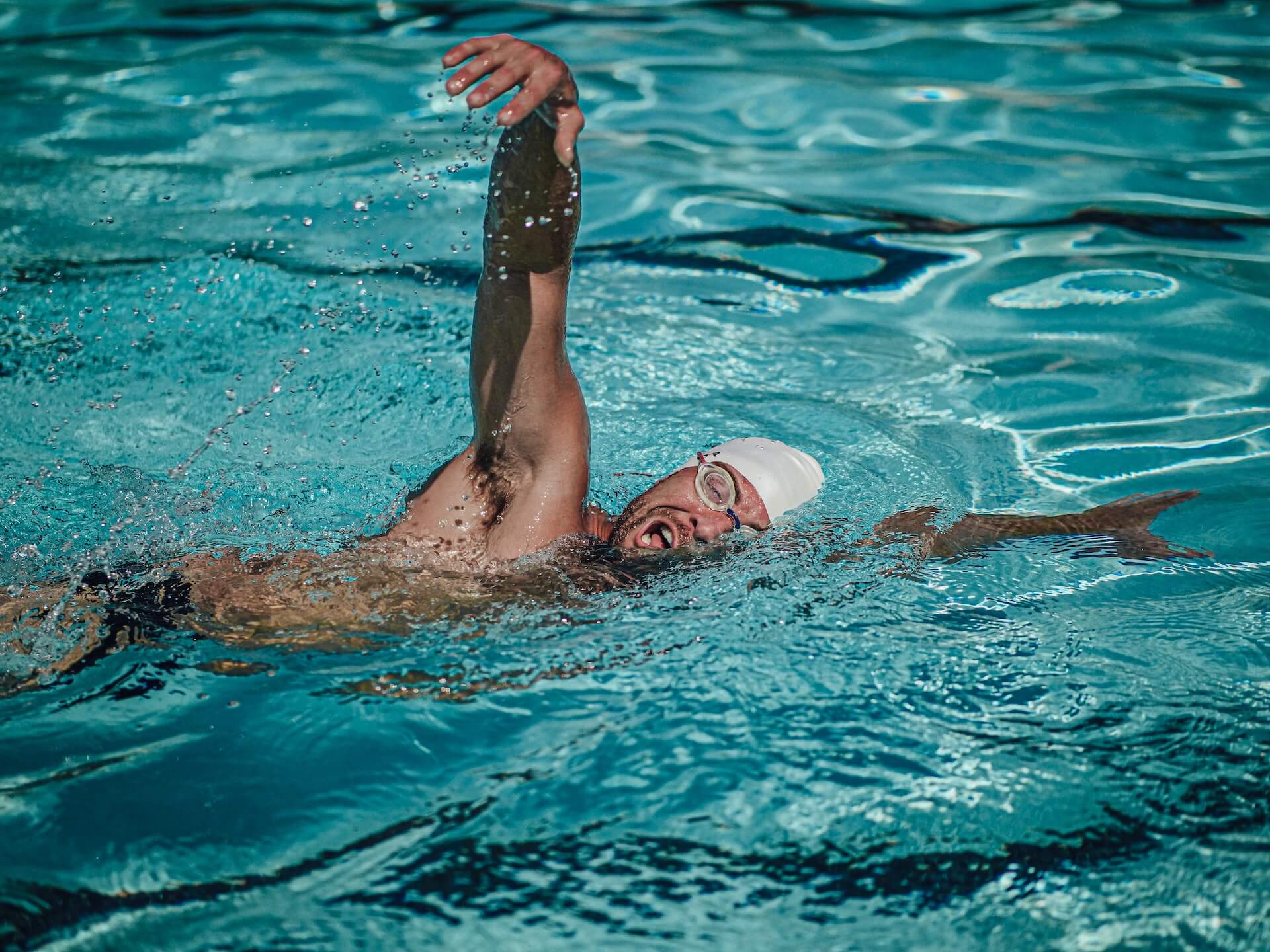
The necessity for breath control, the demands on every muscle group, the relentless training hours – all these factors make swimming far more than a leisurely dip in the pool. It begs the question – is swimming the hardest sport?
The term ‘hard’ can be highly subjective. Do you consider the dangerousness of the sport to be part of the difficulty? If so, then swimming is not the hardest; maybe freediving is harder. However, considering the unique physical, technical, and mental demands that swimming imposes on an athlete – it’s certainly a contender for one of the toughest sports out there.
In this article, we will go over some of the top reasons why swimming is one of the hardest sports out there. Starting with:
You Need to Overcome the Fear of Water
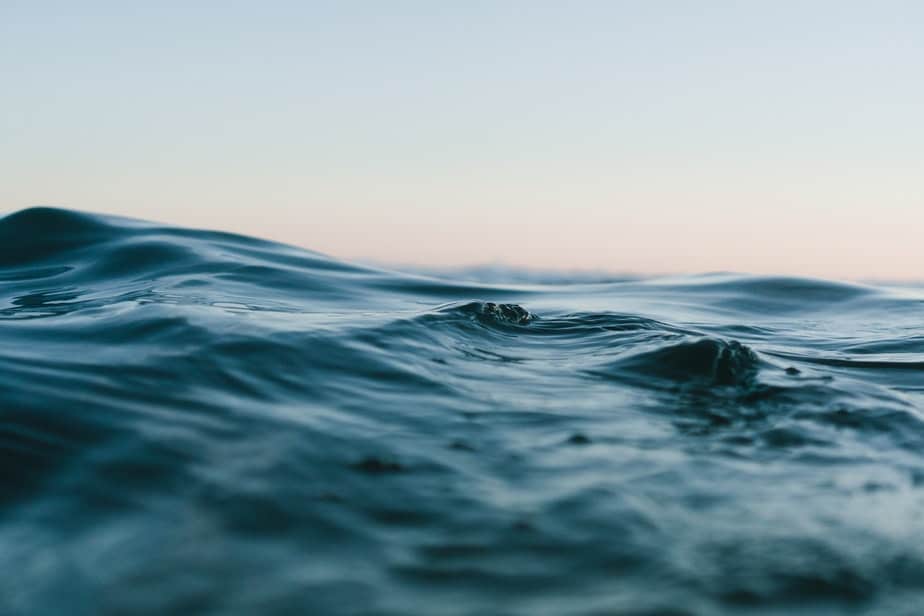
For many, even before the first dive, swimming presents a significant hurdle: overcoming the fear of water. Aquaphobia, or the fear of water, is prevalent among many individuals, and for them, the simple act of putting their head under water can seem insurmountable. Compared to other sports where you can simply walk onto a field or a court, swimming requires a whole different level of mental preparation and courage.
There is a Risk of Drowning
As with any water-based activity, the risk of drowning is inherent in swimming. Even experienced swimmers can get caught in a rip tide, struggle with a cramp, or overestimate their strength. For those just learning, this risk can be especially daunting, which only adds to their fear of the water. Unlike other sports where failure might mean losing a point or a game, the stakes in swimming can be extraordinarily high if you’re swimming outdoors.
You Need to Have Excellent Breath Control
Swimming isn’t just about moving your arms and legs – it also involves mastering breath control. Every stroke demands a precise pattern of breathing, a skill that takes both time and practice to perfect. In other sports, you can gasp for air whenever you like. In swimming, even a slight disruption in your breathing pattern can lead to a significant decrease in your performance.
The Environment is Unforgiving when Swimming Outdoors
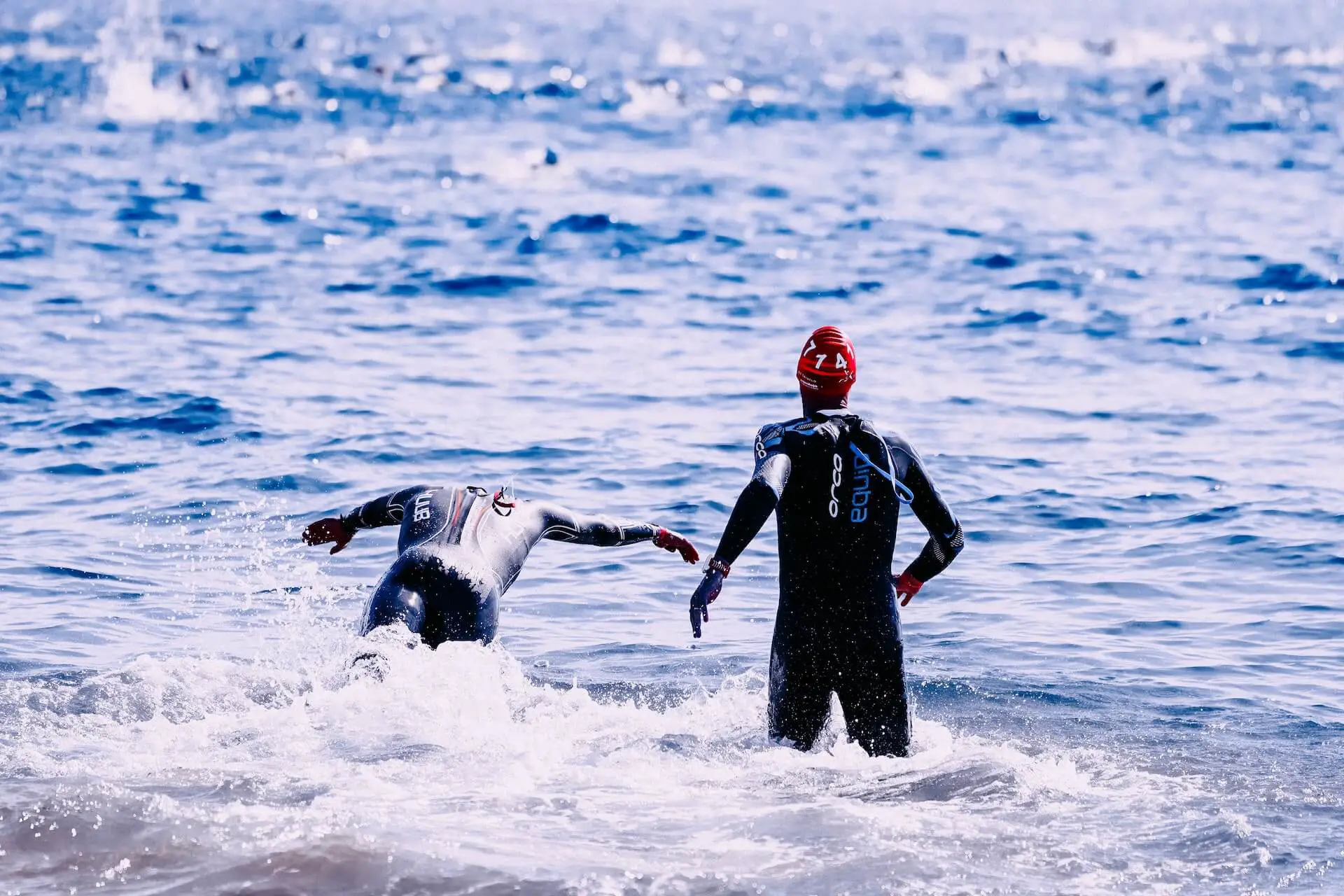
Open water swimming poses a unique set of challenges that pool swimmers rarely encounter. Factors such as waves, currents, cold water temperatures, and even marine wildlife can be formidable obstacles. Unlike sports played in controlled environments, swimmers must learn to adapt to these uncontrollable elements.
The Training Schedule is Relentless
To be a proficient swimmer, let alone competitive, requires a commitment to a relentless training schedule. Early morning swim sessions, followed by weightlifting and cardiovascular workouts, are not uncommon. While other sports may also demand rigorous training, the physical demands and the self-discipline required in swimming are truly exceptional.
You Will Suffer From Dry Skin and Crunchy Hair
Long hours in chlorinated pools or salty seawater are not kind to your skin or hair. Chronic exposure can lead to dry, itchy skin and brittle, discolored hair. These aesthetic issues may seem minor, but they are constant reminders of the harsh conditions swimmers must endure – conditions rarely seen in other sports.
Mastering the Swim Strokes is a Lifelong Endeavor
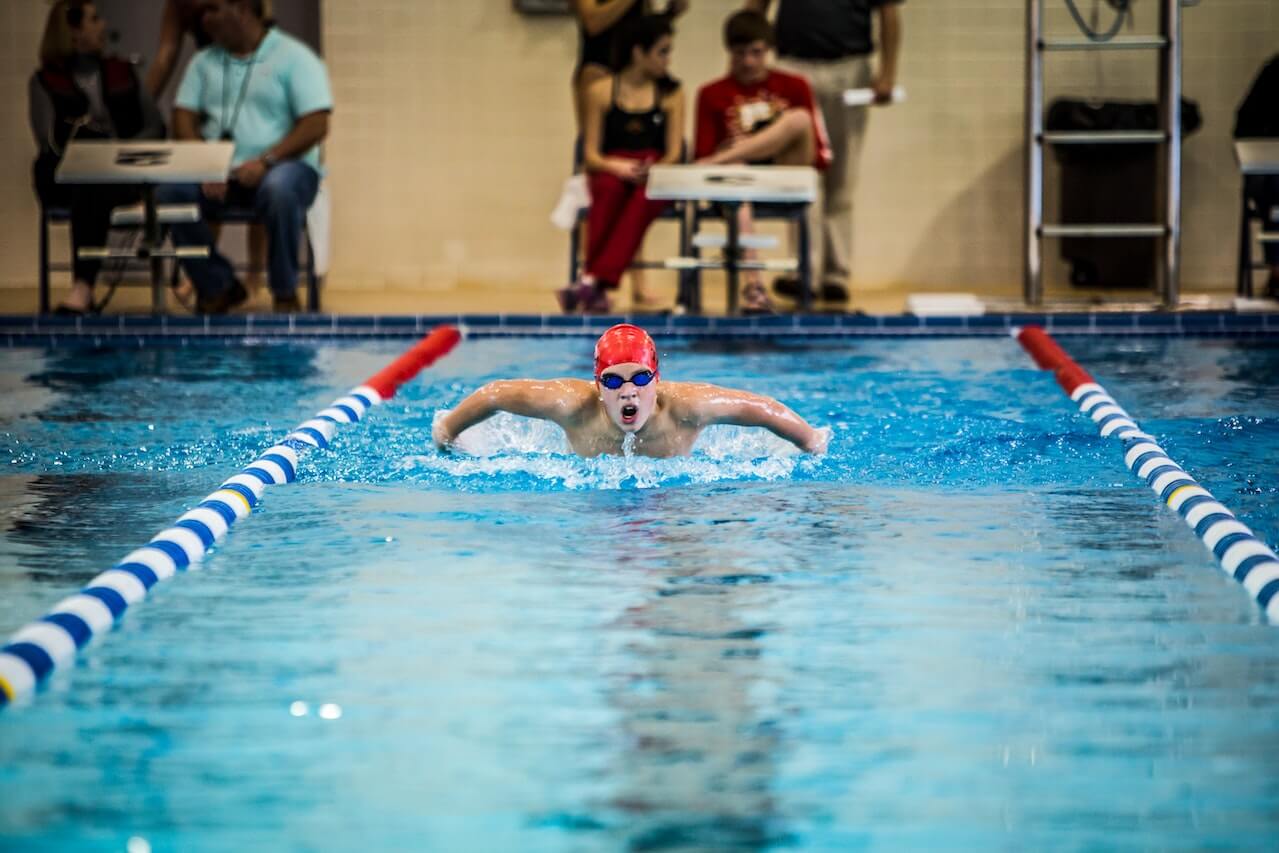
Swimming is a technical sport where even the smallest of changes can make a big difference. Whether it’s freestyle, backstroke, breaststroke, or butterfly, each stroke requires a particular set of movements and coordination that can take years to perfect. Continuous refinement and adjustment is a lifelong endeavor, making swimming a sport that’s always demanding.
Dropping Time Feels Impossible
Swimmers are in a constant battle against the clock, and the pursuit of personal bests can sometimes feel impossible. In a sport where success is often determined by fractions of a second, every tiny improvement matters. The physical and mental strain of striving to beat your own time, again and again, can be grueling.
Coping With the Mental Pressure
Swimming is not just physically demanding; it’s also a significant mental challenge. Swimmers must learn to stay focused and composed, both in training and during races. The anticipation of a race, the silence before the buzzer, the pressure of maintaining the correct technique, and the need to keep pushing even when exhausted, all require considerable mental strength and resilience.
The Challenge of Endurance and Stamina
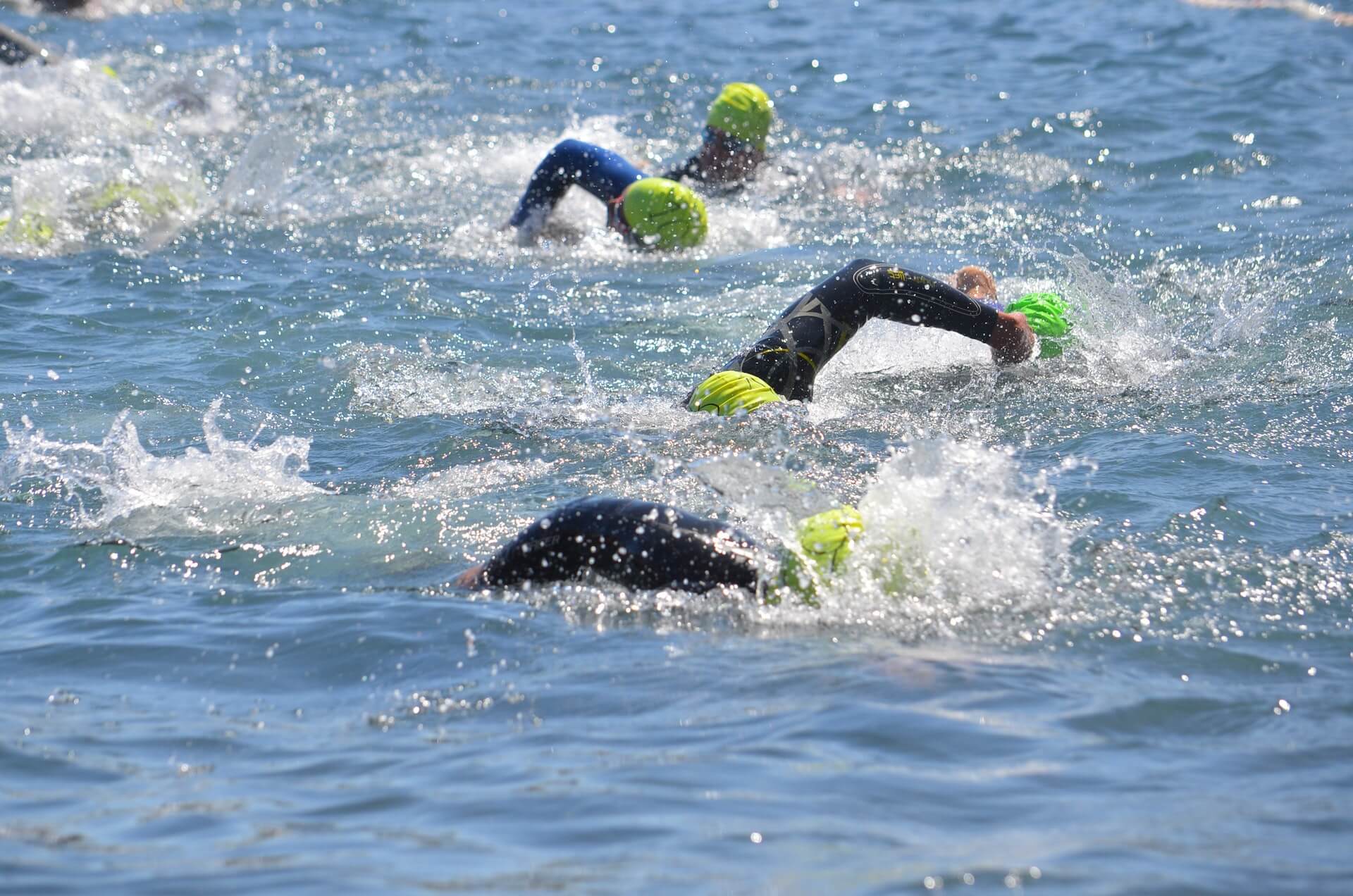
Swimming demands both aerobic and anaerobic fitness. Swimmers need the stamina to keep going over long distances and the speed for short, intense sprints. Balancing these contrasting fitness demands is a complex task, requiring careful training and conditioning. The need to perform both low-intensity, prolonged swims and high-intensity, short bursts sets swimming apart from many other sports.
The Competition is Fierce
Swimming is a highly competitive sport at every level. From local swim meets, all the way to the very top at the Olympics, swimmers are always up against competitors who are also seeking to better their times and achieve their own goals. The pressure to keep improving and outperform others adds another layer of difficulty to an already challenging sport.
Frequently Asked Questions
Why is swimming considered one of the hardest sports?
Swimming is often regarded as one of the hardest sports because it involves the entire body, requires exceptional breath control, and demands extensive hours of training. The necessity to balance speed and endurance, master complex techniques, and maintain a high level of fitness, all contribute to its difficulty.
What makes swimming different from other sports?
Swimming is unique in many ways. Unlike most sports, it requires athletes to train in an environment where they can’t breathe freely, necessitating excellent breath control. The sport involves the entire body, with a heavy focus on technique and precise coordination. Additionally, swimming is performed in a medium (water) that offers more resistance than air, making it physically more demanding.
How do swimmers overcome their fear of water?
Overcoming a fear of water often involves gradual exposure and practice, combined with relaxation techniques and confidence-building exercises. Professional guidance from swimming coaches or instructors can provide a safe and structured environment to confront and overcome this fear.
How much time do competitive swimmers spend training each day?
Competitive swimmers typically spend several hours in the pool each day, which could range from 2 to 5 hours depending on their training phase. This time is often split between morning and afternoon sessions. Additionally, swimmers may spend time on dry-land training, including strength conditioning, flexibility exercises, and mental training.
How can swimmers prevent dry skin and crunchy hair?
Swimmers can prevent dry skin and crunchy hair by thoroughly rinsing off before and after swimming, using chlorine-removing shampoos and soaps, and applying moisturizers and hair conditioners. Additionally, wearing a well-fitted swim cap can help protect the hair from chlorine and salt damage.
How long does it typically take to master different swimming strokes?
Mastering different swimming strokes can take several months to years, depending on the individual’s proficiency, dedication, and the amount of practice. While the basic mechanics of a stroke may be learned relatively quickly, refining and perfecting the technique is a continuous process.
What are some of the challenges of open water swimming compared to pool swimming?
Open water swimming presents challenges such as variable water currents, waves, colder temperatures, and sighting difficulties, which aren’t typically encountered in pool swimming. Open water swimmers must be adaptable and mentally prepared for these unpredictable conditions, adding to the sport’s difficulty level.
Sources:
